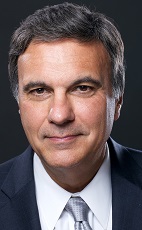
Hotel Sales & Marketing departments have endured massive change in the past few years in terms of how they conduct their business, and there is little evidence to suggest that things will be slowing down anytime soon. Technological advances continue to determine how they research, analyze, plan, engage and ultimately sell to their customers. Though "traditional" marketing is still in the mix, there has been a major shift in focus toward online marketing. First and foremost is an understanding of who their primary audience is and how to market to them. Millennials (those born between 1981-1997) are the fastest growing customer segment in the hospitality industry, and they are expected to represent 50% of all travelers by 2025. With the rise of millennial consumers, sales and marketing efforts will need to be more transparent and tech savvy, with a strong emphasis on empathy and personal customer connection. Social media is essential for this demographic and they expect hotels to engage them accordingly. Other targeted groups include cultural buffs, foodies, LGBT, and multi-generational travelers - all of whom are seeking novel experiences tailored specifically to their interests and needs. Finally the Baby Boomers are still a force to be reckoned with. They are currently the wealthiest generation and are becoming increasingly tech savvy, with 33% of internet users now falling into this demographic. It is imperative that hotels include this generation when it comes to their 2016 digital marketing strategies. The June Hotel Business Review will examine some of these markets and report on what some sales and marketing professionals are doing to address them.
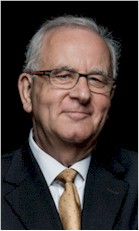



 Hotel Sales & Marketing departments have endured massive change in the past few years in terms of how they conduct their business, and there is little evidence to suggest that things will be slowing down anytime soon. Technological advances continue to determine how they research, analyze, plan, engage and ultimately sell to their customers. Though "traditional" marketing is still in the mix, there has been a major shift in focus toward online marketing. First and foremost is an understanding of who their primary audience is and how to market to them. Millennials (those born between 1981-1997) are the fastest growing customer segment in the hospitality industry, and they are expected to represent 50% of all travelers by 2025. With the rise of millennial consumers, sales and marketing efforts will need to be more transparent and tech savvy, with a strong emphasis on empathy and personal customer connection. Social media is essential for this demographic and they expect hotels to engage them accordingly. Other targeted groups include cultural buffs, foodies, LGBT, and multi-generational travelers - all of whom are seeking novel experiences tailored specifically to their interests and needs. Finally the Baby Boomers are still a force to be reckoned with. They are currently the wealthiest generation and are becoming increasingly tech savvy, with 33% of internet users now falling into this demographic. It is imperative that hotels include this generation when it comes to their 2016 digital marketing strategies. The June Hotel Business Review will examine some of these markets and report on what some sales and marketing professionals are doing to address them.
Hotel Sales & Marketing departments have endured massive change in the past few years in terms of how they conduct their business, and there is little evidence to suggest that things will be slowing down anytime soon. Technological advances continue to determine how they research, analyze, plan, engage and ultimately sell to their customers. Though "traditional" marketing is still in the mix, there has been a major shift in focus toward online marketing. First and foremost is an understanding of who their primary audience is and how to market to them. Millennials (those born between 1981-1997) are the fastest growing customer segment in the hospitality industry, and they are expected to represent 50% of all travelers by 2025. With the rise of millennial consumers, sales and marketing efforts will need to be more transparent and tech savvy, with a strong emphasis on empathy and personal customer connection. Social media is essential for this demographic and they expect hotels to engage them accordingly. Other targeted groups include cultural buffs, foodies, LGBT, and multi-generational travelers - all of whom are seeking novel experiences tailored specifically to their interests and needs. Finally the Baby Boomers are still a force to be reckoned with. They are currently the wealthiest generation and are becoming increasingly tech savvy, with 33% of internet users now falling into this demographic. It is imperative that hotels include this generation when it comes to their 2016 digital marketing strategies. The June Hotel Business Review will examine some of these markets and report on what some sales and marketing professionals are doing to address them.
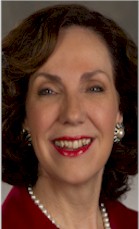





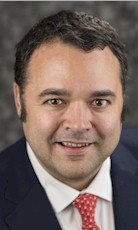
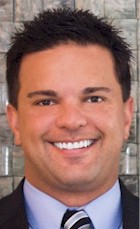








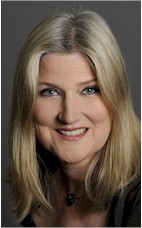





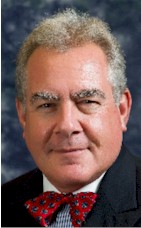
.jpg?w=70)
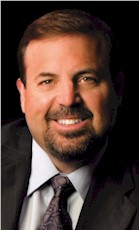






.jpg?w=70)
.jpg?w=70)
